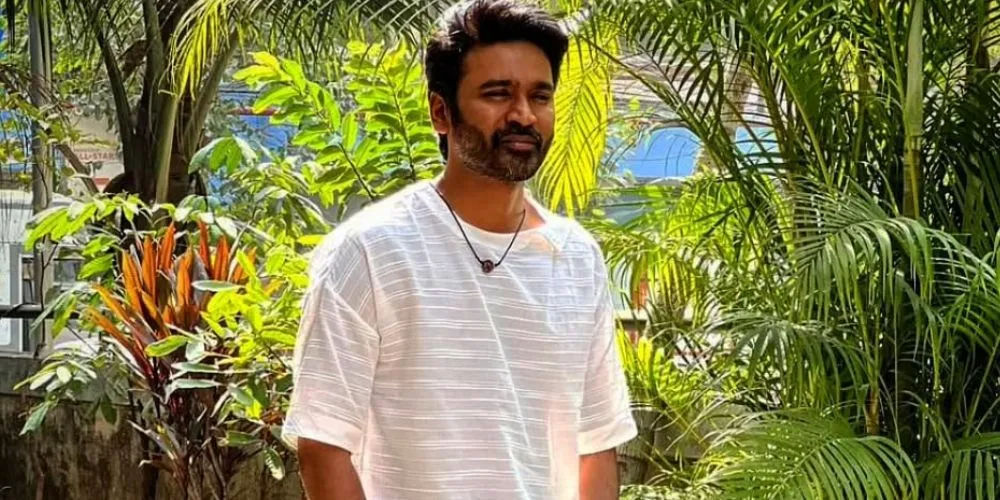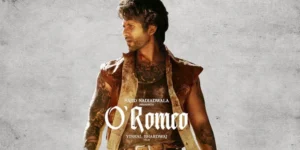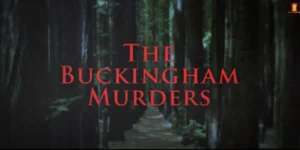
In a move that has sent shockwaves through the film industry and sparked a heated debate on the ethics of artificial intelligence in cinema, actor Dhanush has publicly slammed the AI-edited climax of his 2013 hit, “Raanjhanaa.” The re-released version of the film, which was altered by production house Eros International to show Dhanush’s character, Kundan, alive, was done without the consent of the lead actor or director Aanand L. Rai. In a no-nonsense statement on X (formerly Twitter), Dhanush expressed his “deep disappointment” and labelled the decision a “threat to the integrity of storytelling.”
Statement from Dhanush: “This is Not the Film I Committed To”
In a powerful post, Dhanush minced no words as he voiced his outrage over the unauthorized changes to the film that marked his Bollywood debut. “The re-release of Raanjhanaa with an AI-altered climax has completely disturbed me,” he wrote. “This alternate ending has stripped the film of its very soul, and the concerned parties went ahead with it despite my clear objection. This is not the film I committed to 12 years ago.”
The original film, a cult classic, ended with Dhanush’s character, Kundan, succumbing to his injuries after a selfless act. The tragic but poignant ending was central to the film’s narrative and emotional impact. The AI-altered version, however, depicts Kundan surviving and recovering, a shift that Dhanush and many others feel significantly distorts the film’s original essence and emotional impact. Dhanush’s statement goes beyond his personal disappointment, highlighting a broader concern about the use of AI in creative works. “The use of AI to alter films or content is a deeply concerning precedent for both art and artists,” he warned, “It threatens the integrity of storytelling and the legacy of cinema.”
For the love of cinema 🙏 pic.twitter.com/VfwxMAdfoM
— Dhanush (@dhanushkraja) August 3, 2025
Before Dhanush, Aanand L. Rai Distances Himself from the AI-Edited Version
Dhanush’s criticism comes on the heels of a similar backlash from the film’s director and co-producer, Aanand L. Rai. Rai had previously expressed his devastation and heartbreak over the re-release, stating that the AI-altered version was made “without my knowledge or consent.” He called the action a “reckless takeover that strips the work of its intent, its context, and its soul.” Rai’s and Dhanush’s unified stance underscores the deep creative and emotional attachment the original creators had to the film’s tragic ending. They argue that the film’s power lay in its imperfections and its unflinching portrayal of love and sacrifice, a message that has been completely erased by the new “happy” climax.
Eros International Defends AI-Edited Climax as “Cinematic Innovation”
In response to the growing backlash, Eros International released a statement defending its decision. The company, which holds the sole and exclusive copyright to the film, argued that the AI-altered version was an “experiment in cinematic innovation” and a “respectful reinterpretation.” They clarified that the original film remains untouched and widely available, and this new version is simply an “alternate, AI-enhanced” edit designed to offer a different experience to the audience.
However, many in the industry believe this move sets a dangerous precedent. Filmmakers, actors, and writers have voiced their concerns, with some calling the action “unethical” and a “betrayal” of artistic integrity. The debate has ignited a crucial conversation about the legal and ethical boundaries of AI in the creative arts, particularly when it comes to posthumous modifications and altering a work without the consent of its creators.
The Bigger Picture: The Future of AI and Artistic Integrity
The “Raanjhanaa” controversy is not just a disagreement between a production house and its creative team; it’s a bellwether for a much larger issue facing the entertainment industry. As AI technology becomes more sophisticated, questions about authorship, intellectual property, and the moral rights of creators are coming to the forefront. Will filmmakers need to add specific clauses to their contracts to protect their work from AI manipulation? Who truly owns a film’s “soul”—the director who envisioned it, the actors who brought it to life, or the studio that financed it?
While some fans have expressed their joy at seeing a “happy ending” for Kundan, the widespread criticism from the creative community highlights a collective fear that AI could be used to rewrite not just a film’s climax, but the very essence of its legacy.
The fallout from the “Raanjhanaa” AI-edited re-release is far from over, and it’s a debate that will likely shape the conversation around technology, art, and ownership for years to come.




